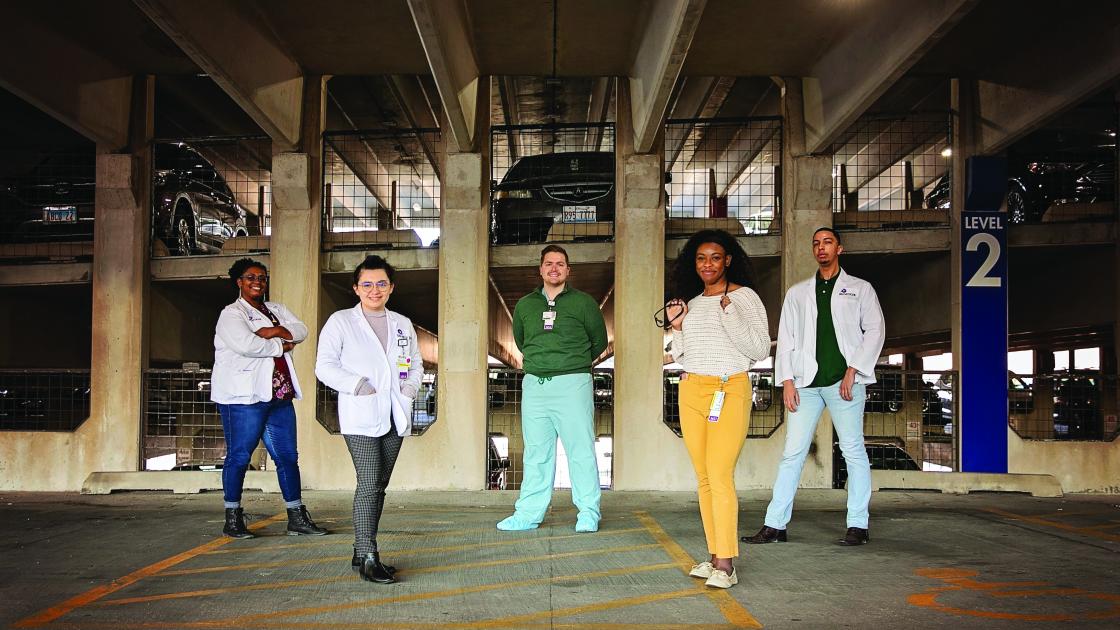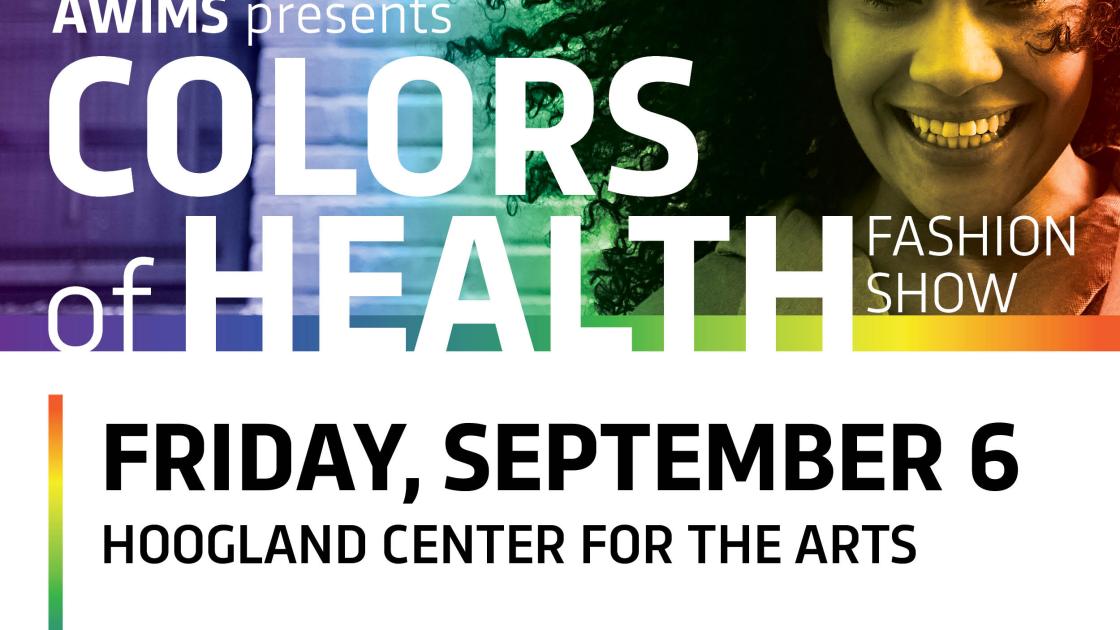
Student groups bond over adversities, diversity
In the days following the killings of Ahmaud Arbery, George Floyd and Breonna Taylor in spring 2020, protests erupted across the United States. Though a pandemic made gatherings more difficult, citizens of all races and ages poured onto the streets to protest injustice and police brutality.
Within the School of Medicine, Dean and Provost Jerry Kruse, MD, and Wendi El-Amin, MD, associate dean for equity, diversity and inclusion, wrote open letters expressing sorrow and outrage. Each affirmed the need to make SIU an anti-racist institution.
At the same time, medical students across SIU’s campuses were talking to each other, sharing their concerns within peer groups. Despite the groundswell of support, there was skepticism that much was going to change.
At a June meeting of the Student National Medical Association (SNMA), fourth-year medical student Tatiana Kelley asked members if they were interested in creating a document that outlined initiatives for the school’s new anti-racist stance.
In a different discussion within the Sister 2 Sister group, founder Dr. Erica Maduakolam (’20) proposed a “needs assessment” to see where problems existed. Both S2S president Morgan Watts and president of the Latino Medical Student Association (LMSA) Roxana Moraga suggested enlisting the support of each marginalized groups on campus within the process.
Alexander Worix, a Black man and officer in the SIU chapter of the Gay and Lesbian Medical Association (GLMA), thought of a name for the group: the Marginalized Student Network. GLMA co-president Travis Fulk created its logo. Outreach to the students gathered momentum.
“It made sense to come together to support one another because we all had things in common,” Worix says.
The new Marginalized Student Network (MSN) is comprised of students from the GLMA, LMSA, SNMA, and two organizations for women: the American Medical Women’s Association (AMWA) and Sister to Sister (S2S), which supports minority women in medicine.
Each group has a national organization that helps coordinate its local chapters; some have regional boards, as well. The GLMA is the newest to campus, started in 2018. It advocates for LGBTQ+ members in health care and health professions. The oldest is the SNMA, the largest independent, student-run organization that focuses on the needs and concerns of Black and Latinx medical students in the United States.
Currently, ethnic minorities make up 40 percent of the U.S. population but are underrepresented in medicine. Approximately 7 percent of all medical school students are Black and 6 percent are Hispanic. About 11 percent of current practicing U.S. physicians and 9 percent of professors at medical schools are from underrepresented ethnic minorities.
Within SIU School of Medicine’s Policy and Plan for Diversity and Inclusion, the administration cites the benefits of diversity strategies for the continuing success of its missions:
A diverse and culturally competent student body cultivates student interest in caring for these populations. It increases patient satisfaction with health care, as patients who are ethnic minorities are more likely to see a doctor if he or she is of the same ethnic group and rate themselves as more satisfied with the care they receive. And it can help increase the number of underrepresented faculty.
Like classes that have gone before them, these students want to have a positive influence on the school’s direction. The MSN drafted a proposal that stated its case clearly to SIU’s institutional leadership: "We are here because this culture of complacency and silence has rendered us at a disadvantage for a long time, and since we now have a stance of anti-racism, it is time for purposeful action and policies to identify and rectify systems that have NOT been working for ALL students."
Among the network’s initial goals was establishing a White Coat for Black Lives (WC4BL) chapter at the School of Medicine.
The national organization seeks to dismantle racism in medicine and promote the health, well-being and self-determination of Black and Indigenous people, and other people of color. The group came together quickly in June.
The next challenge was to organize visible activism. The WC4BL march to protest racism and police brutality took place on June 18. More than 200 learners, faculty, staff and supporters from the school and its partners at Memorial Medical Center and HSHS St. John’s hospital gathered beside 801 North Rutledge in a show of solidarity. They listened to student speakers, observed an 8-minute, 46-second period of reflection and marched around the medical district, all the while following the then-new social distancing guidelines.
AMWA President Katie Lincoln took on a leadership role for the march. “I was raised to stand up for others, and to speak up when I see injustice,” she says. With about 70 members in SIU’s chapter, AMWA added people and passion to the event.
At MSN’s presentation that followed the march, institutional leadership attended in full force, Kelley says. “President Mahony, Chancellor Lane, Dean Kruse, Dr. Constance, Dr. Klamen, Dr. El-Amin, and several faculty mentors and allies came to support this meeting.”
Travis Fulk was also buoyed by the turnout. “It’s good because these aren’t just policies that affect people of color, they affect all of us,” he says. “The power of unity gives us a louder voice to urge the administration to fulfill its mission to become an anti-racist institution.”
As a result of the meeting, MSN students were placed on curriculum committees to help raise awareness about certain outcomes not in alignment with an anti-racist task. Curricular changes were made to PAC sessions. A Health Equity Week is planned for 2021, and the first-year library in Carbondale now has books related to anti-racism and social justice in medicine.
Outreach efforts are also being organized for the new year. Groups within the Marginalized Student Network want to better connect with local communities, bring health initiatives into local churches, assist with mobile clinics in areas with minority populations and initiate mentorship programs at UIS and SIU-C.
The work to combat institutional racism will be ongoing. “Racism is a public health threat,” Worix says. “We have to come together to fight it, and it seems to be working. I’m very proud of SIU for taking some action. We just need them to be accountable and continue to do what they say.”
You can help our students with a donation to offset educational expenses.
-
Medical Student Resource Fund
-
SIU White Coats 4 Black Lives Scholarship
-
Emergency Fund for Medical Students
-
School of Medicine Scholarship Endowment
To learn more about these support opportunities, visit forwardfunder.siumed.edu.



